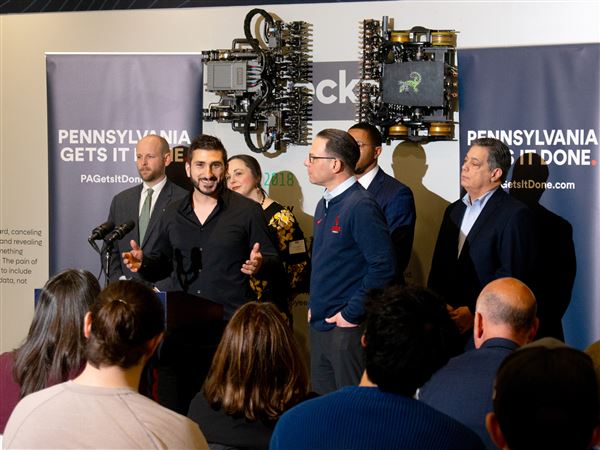A grocery store company's request for the cell phone records of a man who fell and injured himself when he tripped over a wooden pallet has been denied by a Northumberland County judge.
In the case of Dietrich v. Buy-Rite, Common Pleas Court Judge Charles H. Saylor ruled that Buy-Rite Liquidators Inc. cannot file a motion to compel discovery for William Dietrich's records to see if he was talking on his cell phone during the incident and inattentive to his surroundings.
"To hold otherwise would grant unbridled access in every personal injury case to the cell phone records of other parties," Judge Saylor said.
Buy-Rite first sought to obtain Mr. Dietrich's records for the day of the accident so that it could determine if his cell phone had distracted him when he fell. Mr. Dietrich objected that such a request would violate his privacy and responded that he had not been using his cell phone at that time.
Later, Buy-Rite limited its request to only the hour during which the accident took place. It also said Mr. Dietrich could redact the numbers called to protect his privacy.
Judge Saylor said even though the request was narrowed down, it was not acceptable under the Pennsylvania Constitution.
He cited the cases of Commonwealth v. Beauford, in which the Pennsylvania Superior Court ruled that an individual has a right to privacy concerning numbers called on cell phone records, and Commonwealth v. Melilli, in which the Pennsylvania Supreme Court upheld the Beauford decision.
Judge Saylor also cited the case of Morano v. Slattery Skanska Inc., in which a New York superior court ruled a plaintiff in a motor vehicle accident could not request the defendant's cell phone records in order to see if she had been using it at the time of the accident.
"Without some indicia that a cell phone was being used at the time of the accident here, the blanket request -- even for records redacted as far as the numbers called or calls received -- cannot be reasonably calculated to lead to the discovery of admissible evidence, as no basis at all supports the request," he said.
It is not enough to claim that the plaintiff was inattentive, Judge Saylor said.
"Just about every accident, whether it be a premises liability claim or a motor vehicle accident, includes some element of inattentiveness on someone's part, somehow or somewhere," he said.
In addition to an invasion of privacy, a request for phone records is "unduly burdensome to have a party and counsel go through the hoops with his or her phone service provider to obtain access to records that are likely several years old," Judge Saylor said. He added that in an attempt to access his own Verizon Wireless cell phone records, he found online records were only available dating back 12 months.
"It is unclear how older records are obtained," he said.
Mr. Dietrich's attorney, David Dowling of Rhoads & Sinon, said he was happy with the ruling. "A plaintiff doesn't waive his privacy rights because he was injured due to someone else's negligence," he said.
Defense attorney JoAnne Kinzel of Snyder & Dorer could not be reached for comment.
First Published: March 5, 2012, 5:00 a.m.
















